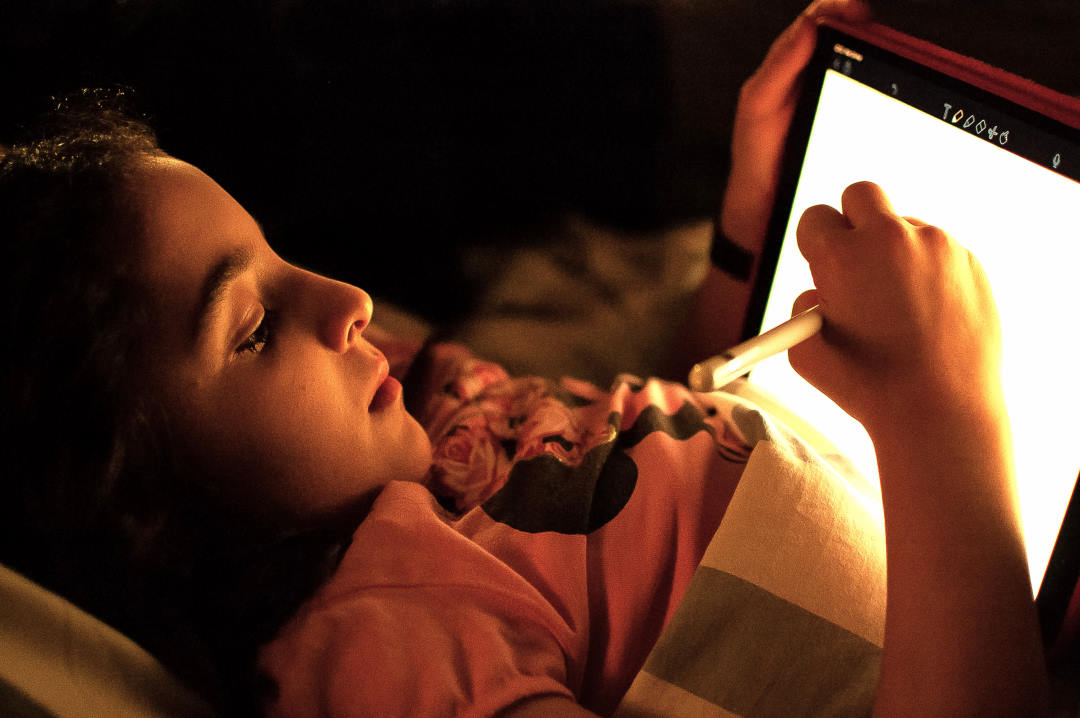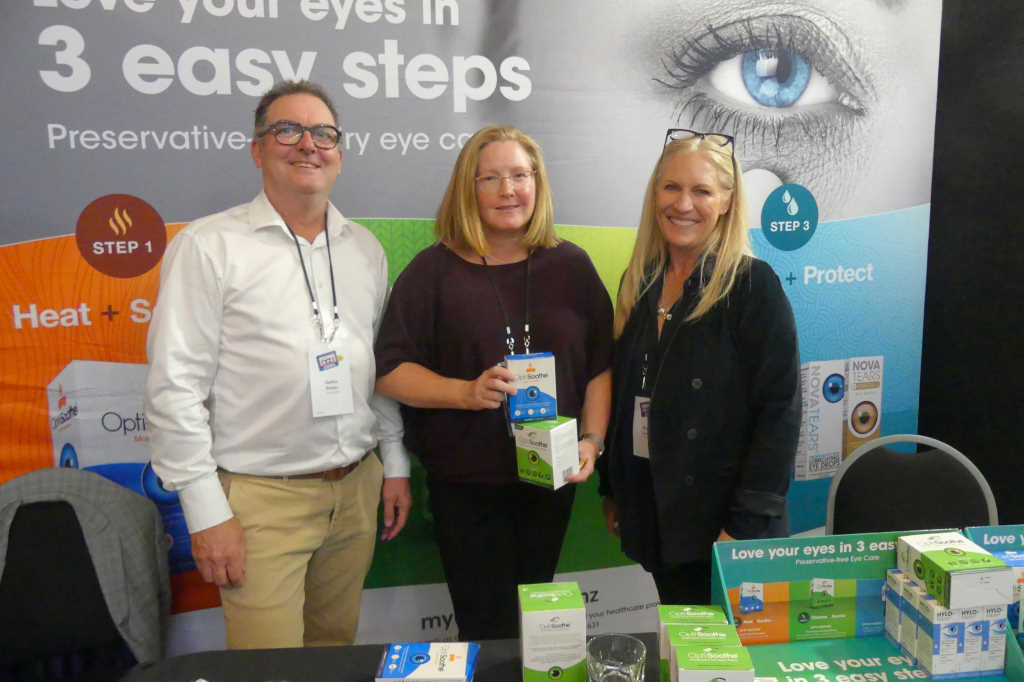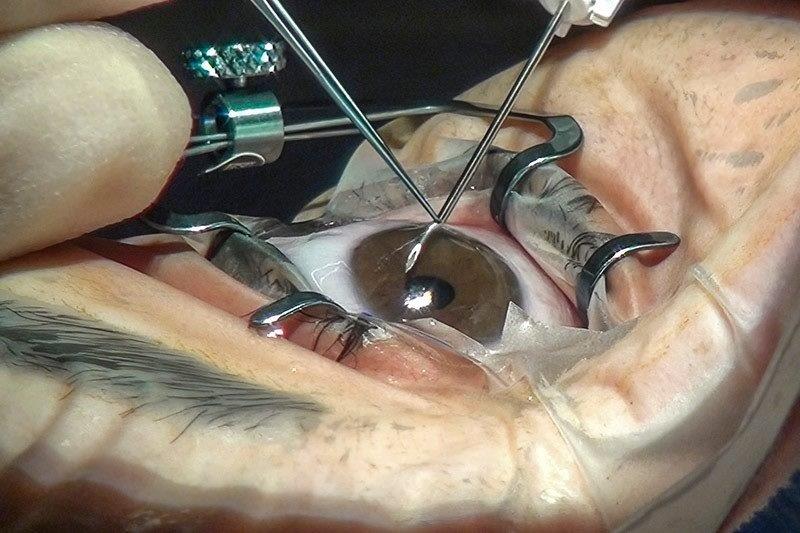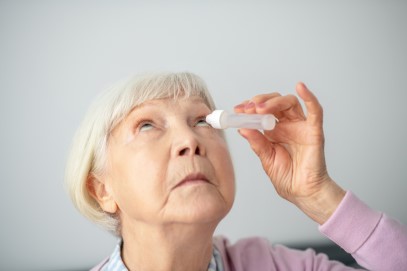Quantum molecular resonance treatment for DED: a randomised controlled trial
This randomised, double-masked, placebo-controlled trial investigated the effects of quantum molecular resonance (QMR) on the signs and symptoms of dry eye disease (DED). QMR is a novel dry eye therapy involving the topical application of electrical currents in the frequency-specific range of 4-64MHz, hypothesised to stimulate metabolism and natural regeneration of cells and biological tissues.
Participants meeting the TFOS DEWS II diagnostic criteria for DED were randomised into either a treatment group receiving four-weekly sessions of QMR treatments, or sham treatments. Symptoms, measured using validated questionnaires (OSDI, DEQ-5, SANDE), and signs of ocular surface integrity, tear film quality and quantity, and meibomian gland function were assessed at baseline and monthly, up to three months after the completion of the full treatment course.
Results are reported for 50 participants with an evaporative form of DED who completed the trial. Reduced symptoms were observed in the treatment group according to all three questionnaires (all p<0.01), while the control group did not show symptomatic improvement with the DEQ-5 (p>0.05), but did with the SANDE and OSDI (all p<0.01). Compared to the control group, a greater proportion of the treatment group showed resolution of symptoms to below DED diagnostic thresholds or as a reduction in severity grade.
More favourable scores in DED markers in the treatment group were both statistically and clinically significant relative to baseline. These included meibomian gland function, meibum quality, lid margin staining and tear film lipid layer (all p<0.05). In the control group, improvements were noted in some but not all markers. Differences between the treatment and control groups did not reach statistical significance at the individual time points.
Improvements found in DED signs and symptoms with QMR therapy align with results reported in the literature, which suggest enhancements in meibomian gland functionality and ocular surface integrity in evaporative DED. Reasons for improvement in some parameters in the control group require further consideration and, due to the paucity of individuals with aqueous deficiency in the current study, further research targeting specific dry eye subtypes is needed to understand the effect of QMR therapy on aqueous deficient DED.

Ryan Mahmoud is a therapeutic optometrist who specialises in dry eye, specialty contact lens fitting and myopia control at his practice, NVISION Eyecare in Auckland. He undertook this investigator-initiated trial (which received partial funding from Resono Ophthalmic, Italy) as part of a team that included Drs Alex Müntz, Kalika Bandamwar and Michael Wang, led by Professor Jennifer Craig of the Ocular Surface Laboratory at the University of Auckland.


























